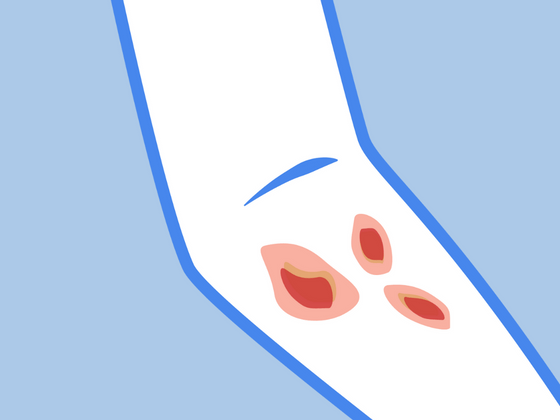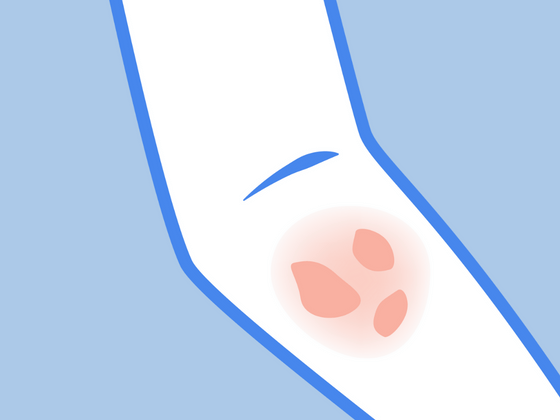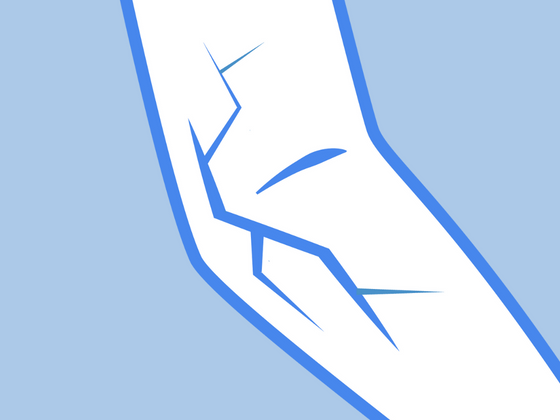Have you heard of slugging skin? If you’re on TikTok or Instagram, you’ve likely come across this beauty hack. People have turned to slugging, which is the act of applying Vaseline or a similar petroleum product to the skin, in order to lock in moisture and keep the skin hydrated. But is slugging a safe way to manage dry and irritating eczema symptoms?
Read on to learn more about slugging and some more natural alternatives for caring for your skin.
Please keep in mind that although these tips and information have worked for several sufferers, we are in no way medical professionals. If you’re experiencing severe symptoms or have a topical infection, it is always best to seek medical advice immediately.
What does Slugging Do?
The term ‘slugging’ comes from the idea that after coating Vaseline or another petroleum product to the face, your skin has a shiny and slimy appearance. In other words, it looks similar to a slug.
The latest skincare trend is meant to lock moisture into the skin and prevent transepidermal water loss. Because of this, many people with dry skin conditions like eczema are turning towards it. When you apply a moisturizing agent to the skin, it creates a physical barrier on the skin which helps lock in hydration and prevent water loss. Occlusives, like Vaseline, are used for this reason.
Is Slugging Good for Your Skin?
To slug or not to slug: that is the question.
If you’re considering slugging, you’ve probably done your research and found a divide in opinion about whether slugging is actually good for your skin or not.
While the effects of slugging are beneficial for dry skin, there are safer and more natural ways to give your skin a boost of moisture.
As a natural skincare company, we do not promote the use of petroleum jelly. Why? There is a risk of contamination from polycyclic aromatic hydrocarbons (PAHs), cancer-causing chemicals found in crude oil and its by-products.
That being said, we recognize that petroleum has been a staple in the medical and beauty industry for a long time because of its emollient properties.
Natural Alternatives to Slugging
If you’re looking to manage dry skin and give your skin an added boost of moisture, here are some safer and natural alternatives to slugging:
Wet Wrap Therapy
Wet wrap therapy is an easy-to-do at home treatment that gives your skin an extra boost of hydration where you need it most. It’s easy to do.
Start by soaking your skin in a lukewarm bath for around 15-20 minutes. Pat dry your skin with a towel and apply a natural eczema cream such as this Organic Manuka Skin Soothing Cream. It’s made with just 6 ingredients, all handpicked because of their known soothing ingredients. This nourishing oil-based balm can be used anywhere on the body from head to toe.
Once you’ve applied the moisturizer, cover the affected area with a damp piece of clothing like these Remedywear™ Eczema Sleeves. The damp layer helps the emollient better permeate the skin. Leave the clothing on for a minimum of two hours up to overnight. When you remove the layers, be sure to apply another layer of moisturizer.
Dry Wrap Therapy
Dry wrap therapy is even easier than wet wrap therapy. The process is similar but without the damp layer. All you need to do is apply a natural eczema cream and then cover up with a dry layer. It’s a great option for soothing mild to moderate dry skin. For quick eczema relief, do not hesitate to try dry wrap therapy.

Bio: Kazandra is a contributor and content developer for The Eczema Company with a flair for creative storytelling rooted in strategy. Her comments, suggestions, and reflections are not intended to replace any medical advice. Always seek the help of a medical professional before undertaking any diet or lifestyle changes.








